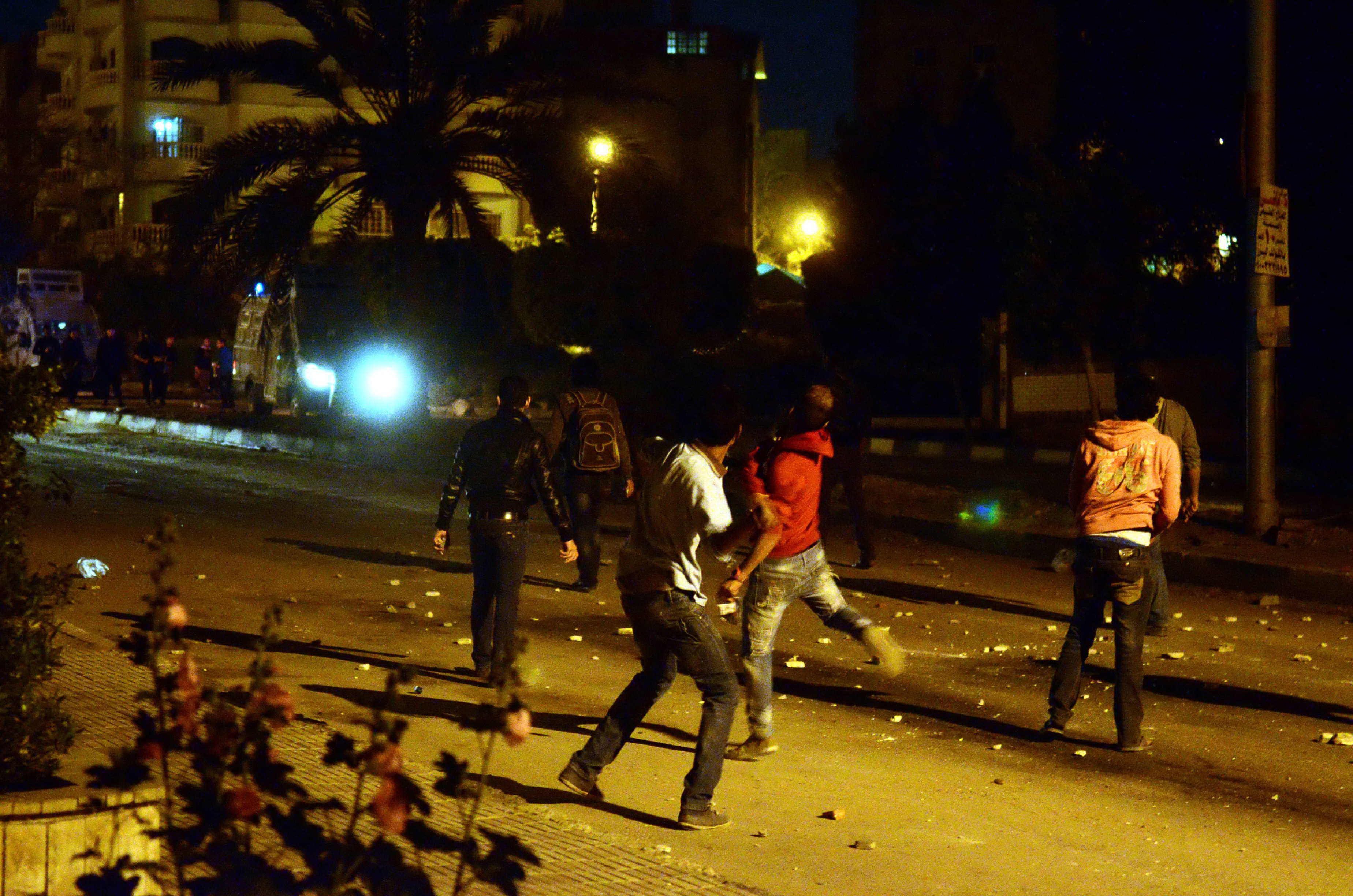CAIRO: US President George W. Bush s conflicting remarks on the effectiveness of the Iraqi government prompted comments in the Arab media which described them as yet another sign of the failure of US policies in the war torn country.
Bush on Wednesday said he supported Iraqi Prime Minister Nouri al-Maliki, calling him a good guy, good man – after having expressed frustration with the lack of political progress in the country just the day before.
The US leader s initial statement elicited an angry response al-Maliki, who on a trip to Syria called US criticism discourteous, and said no one has the right to impose timetables on his elected government, and that Iraq can find friends elsewhere.
Commenting in the pan-Arab daily Al-Hayat, one of the most influential papers in the region, analyst Zuhair Qusaybati described the American and Iraqi leaders remarks as a reflection of feeble discourse, failure and depression in Washington and confusion in Baghdad over its destiny, with no sign of hope for a solution.
Bush s remarks Wednesday came during a speech intended to set the stage for a crucial report next month on the progress of the fighting and steps toward political reconciliation in Iraq. Democrats in the US Congress and some Republicans are pressing to start the withdrawal of US forces.
An editorial in the Dubai-based Khaleej Times noted that Bush s varying statements about Iraqi prime minister were symptomatic of the administration s haphazard approach to Iraq.
The worry, per se, is not just why al-Maliki and his administration did not perform well, but, more importantly, the question, what does all this trial and error strategy on the part of the US mean for the future of this hapless nation and its people? asked the English-language editorial.
The view was echoed by Egypt s state-owned Al-Ahram daily which dedicated its main editorial to a review of US policy in Iraq, from its alleged favoring of Shiites over Sunnis to the predicament of al-Maliki s Shiite-dominated government falling into disfavor.
The sectarian conflict in which Iraq and Iraqis suffer comes from the polices of American occupation, it said.
Bush s quick backpedaling on initial criticism of al-Maliki was due to his need to have the prime minister legitimize a continued presence of US forces in Iraq, said the independent ad-Dustour, Jordan s second largest daily.
What must be understood is that President Bush wants his troops to stay in Iraq for an indefinite period and if this is the case, it must be accompanied by achievements benefiting the Iraqi people, the editorial said.
Failing that, the Americans and the Iraqis will continue to hope for a new [US] president who would say clearly: We have had enough of this devastating disaster. Associated Press


